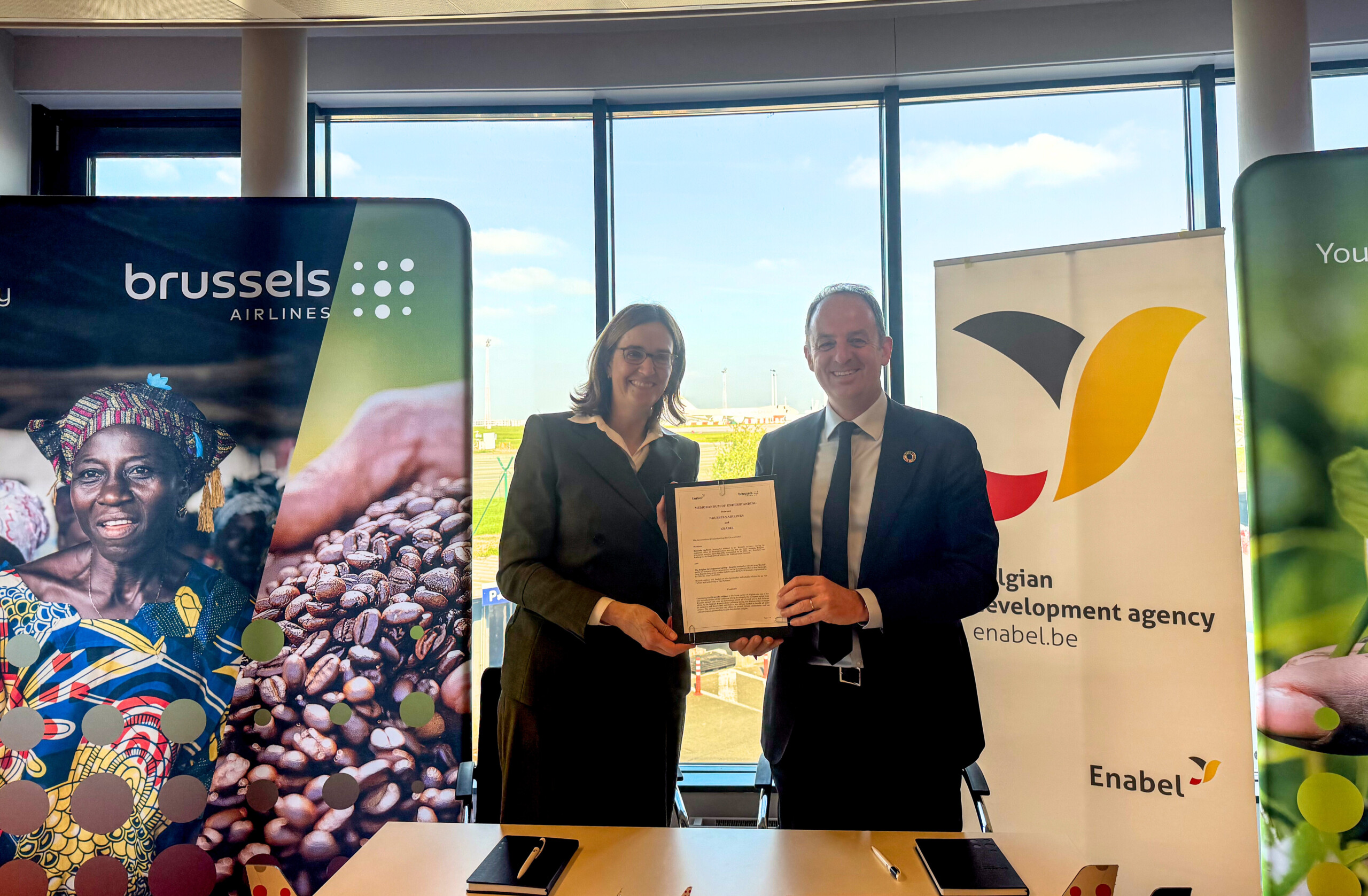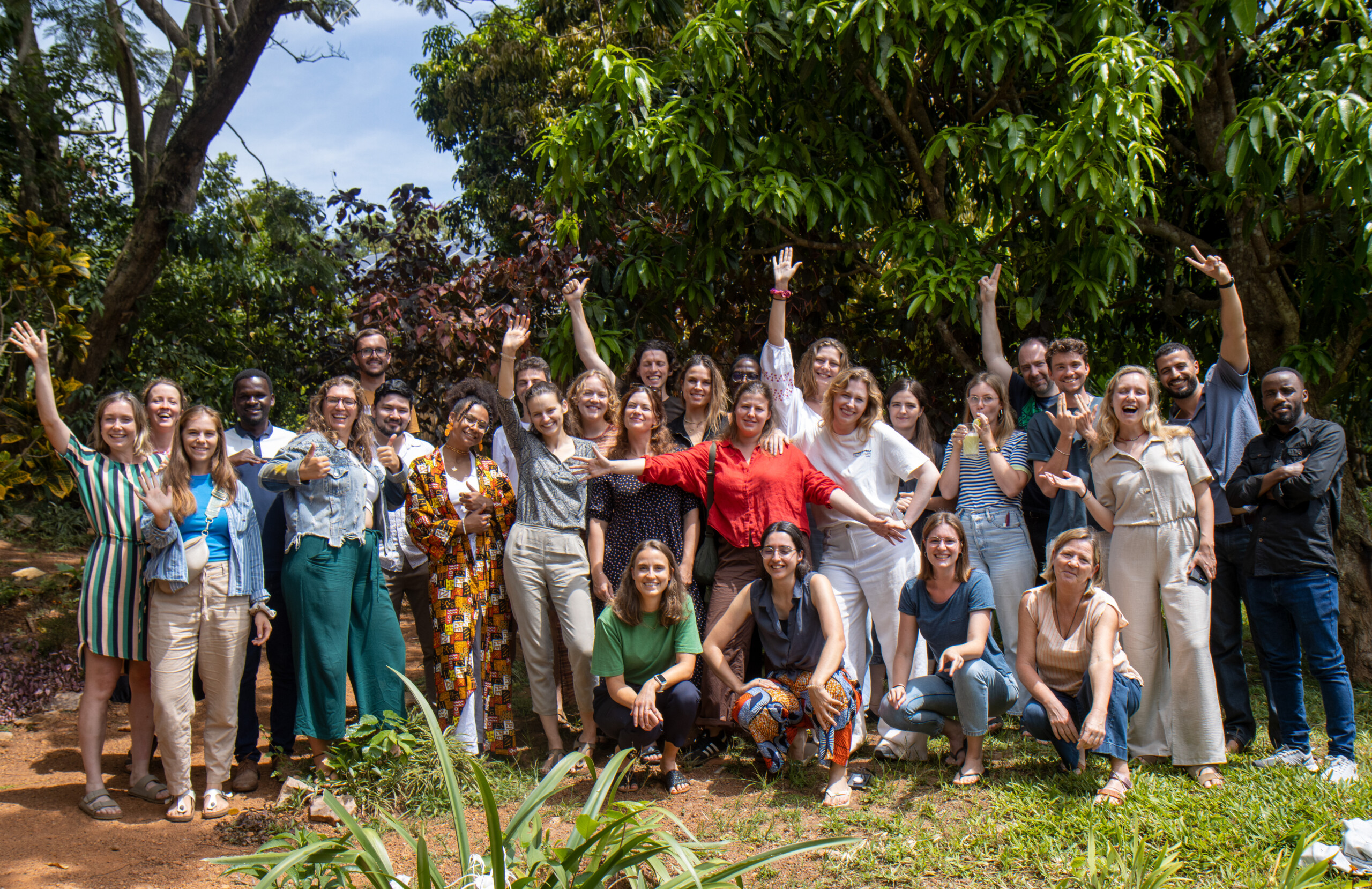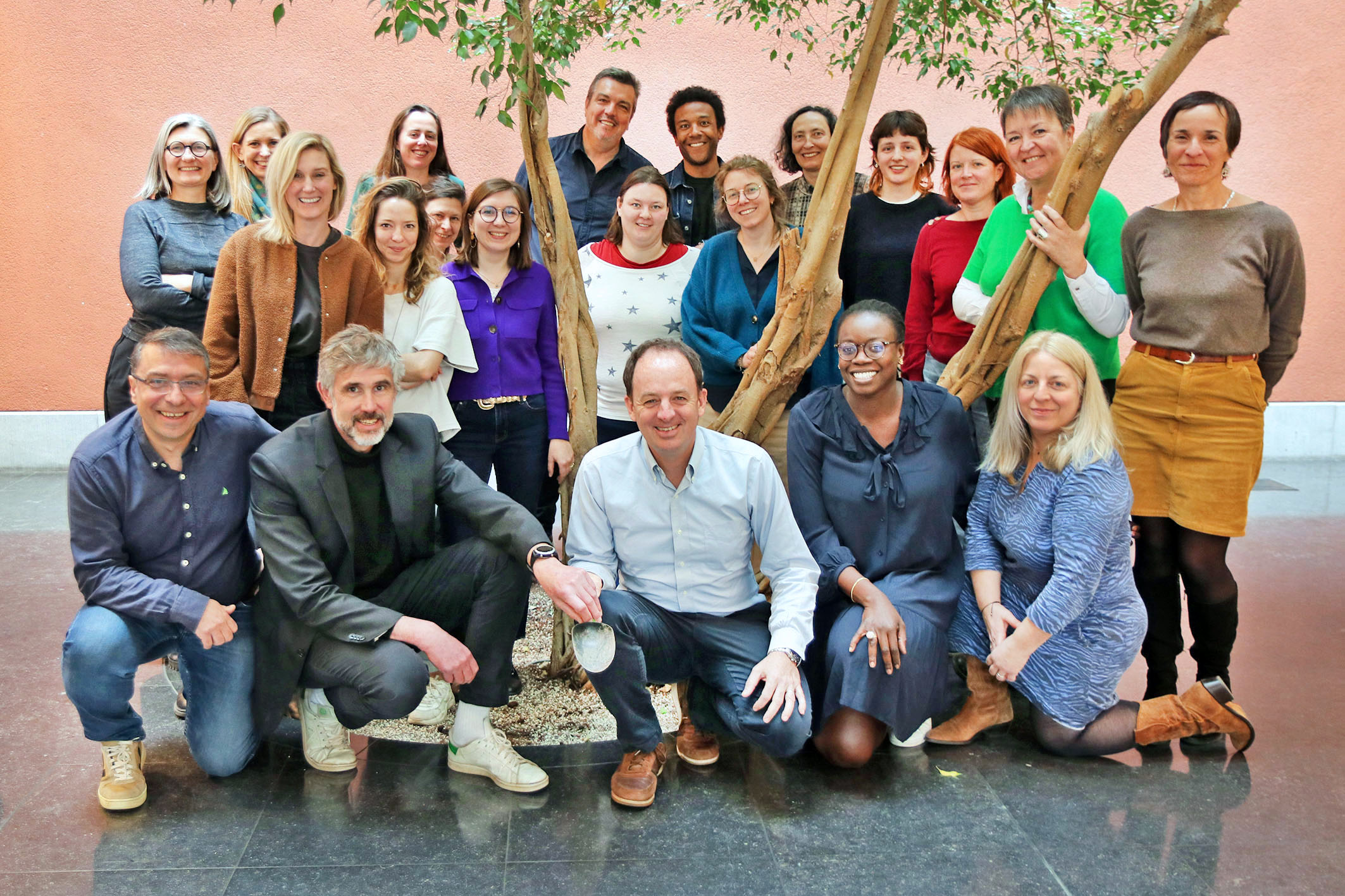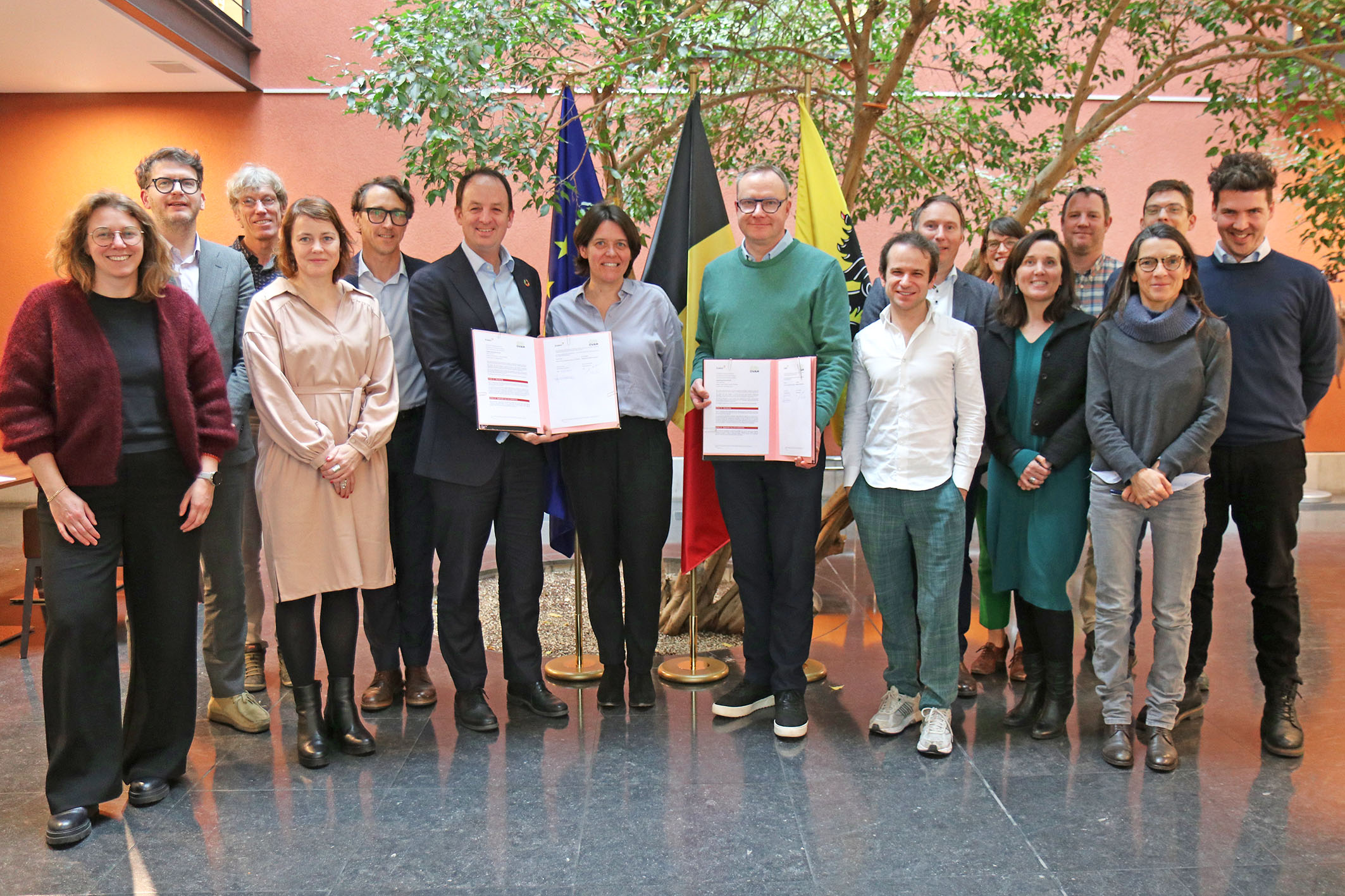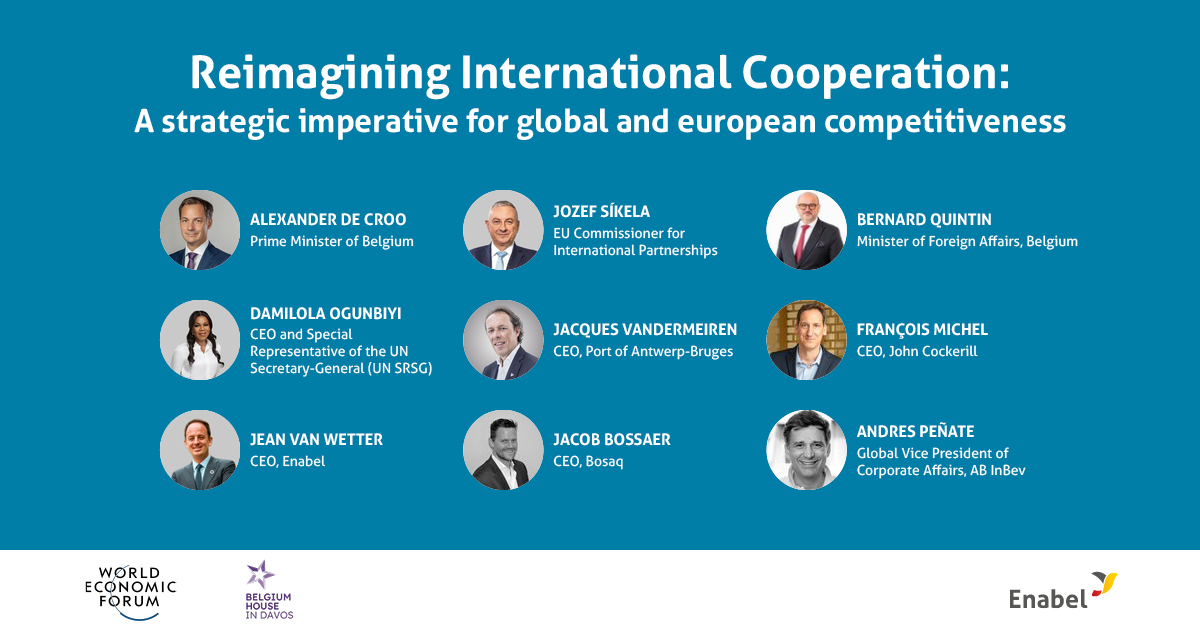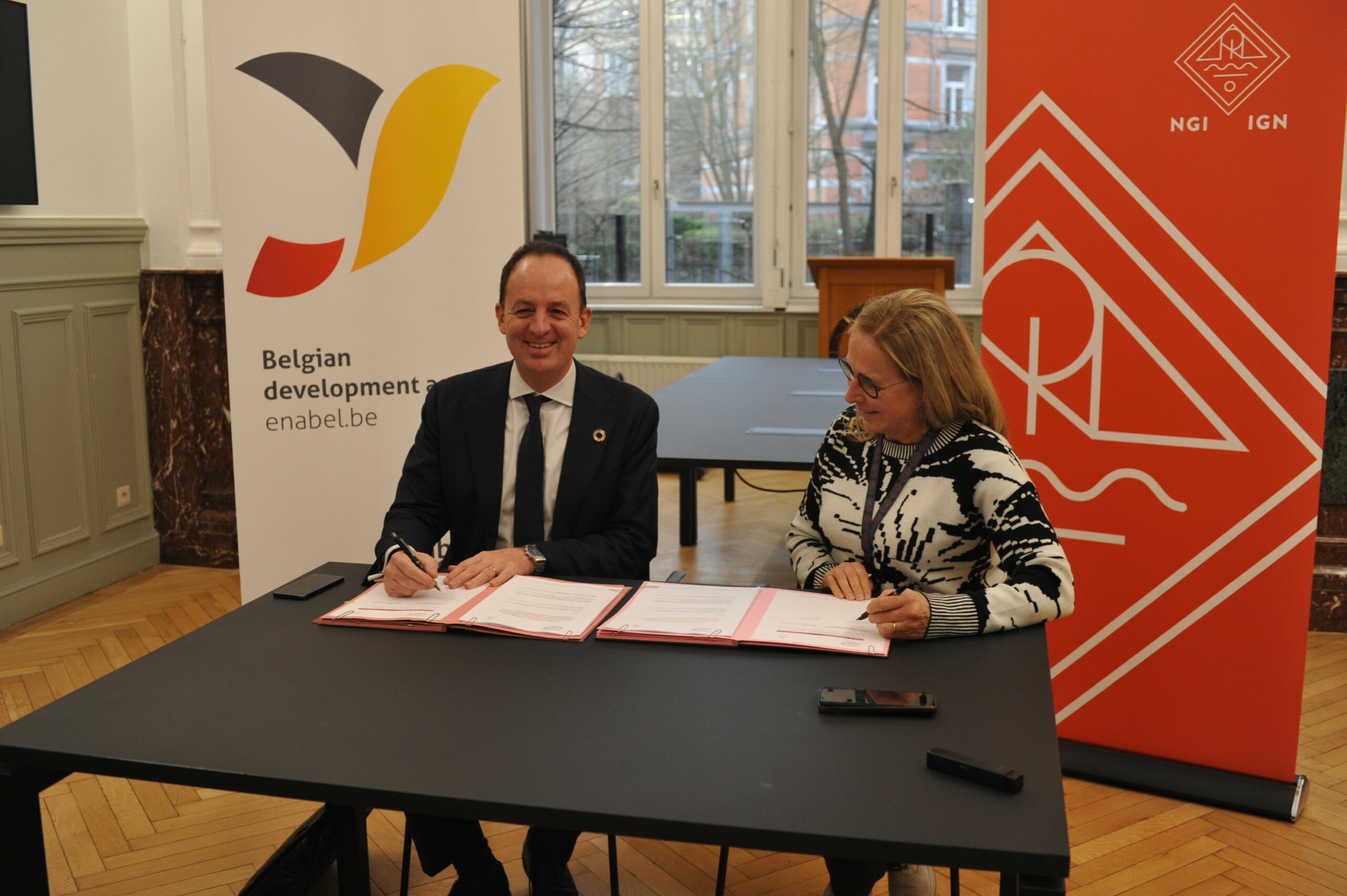DR Congo

DR Congo is one of the most important partners of the Belgian Development Cooperation. In line with the country’s policy priorities we focus on education, health, economic growth and the reduction of poverty.
Agriculture and rural development
Almost 80% of the population live in rural areas. Agriculture is the principal sector of the economy. Congo aims to re-boost its rural areas by developing modern production entities and by strengthening small businesses.
We support this vision by intervening in family businesses following three axes: first, we aim to improve the volume and quality of farm production; second, we support processing, storage and marketing activities; and third, we help improve access to production areas by rehabilitating rural roads and river ferries.
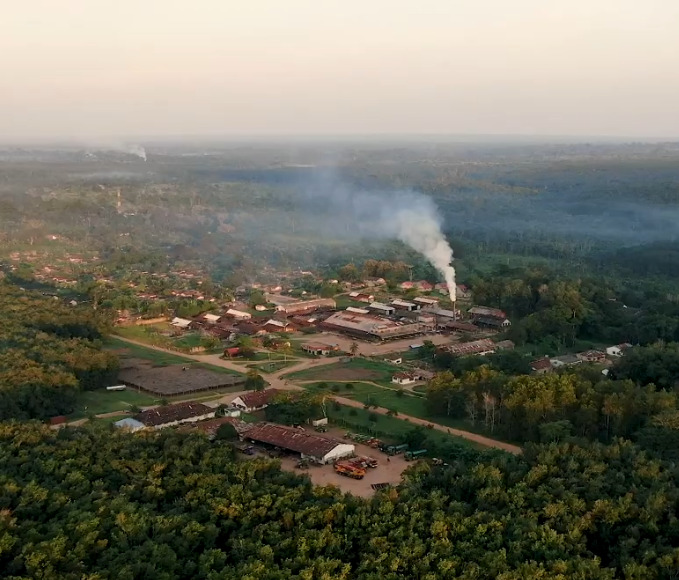
Education
Congo faces the major challenge of developing a professional education and training offer that is relevant and adapted to the needs of society and businesses. The country must meet the aspirations of its youth, which constitutes the major part of the population.
Our support in the education sector focuses on technical and vocational education and training, which is considered a priority domain for the country’s development as it needs a qualified workforce. Special attention is paid to gender equality in our education projects.
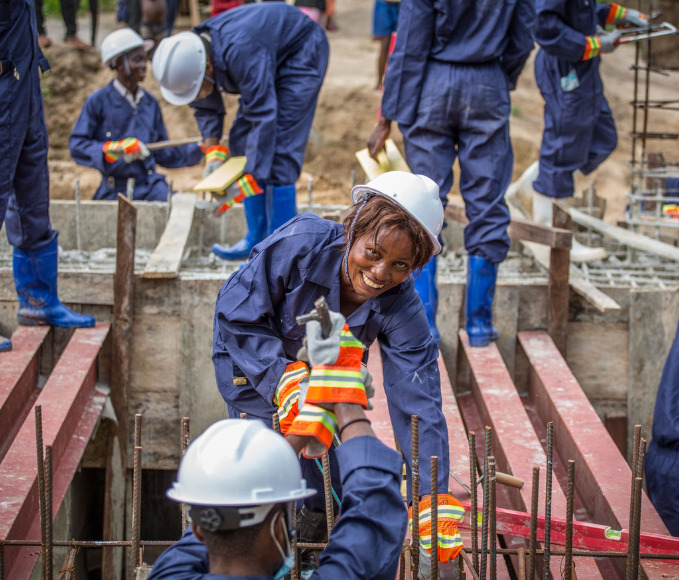
Health
Our health programme, which is deployed in three provinces, aims to improve the population’s physical and financial access to quality health care. This implies not only support to health centres and hospitals, but also support to the management of the health system.
Special attention is paid to providing comprehensive care to victims of sexual violence. We also assist the central Ministry of Health with putting in place a quality medication distribution system; developing sustainable and transparent financing of the sector; and assuring competent medical staff.
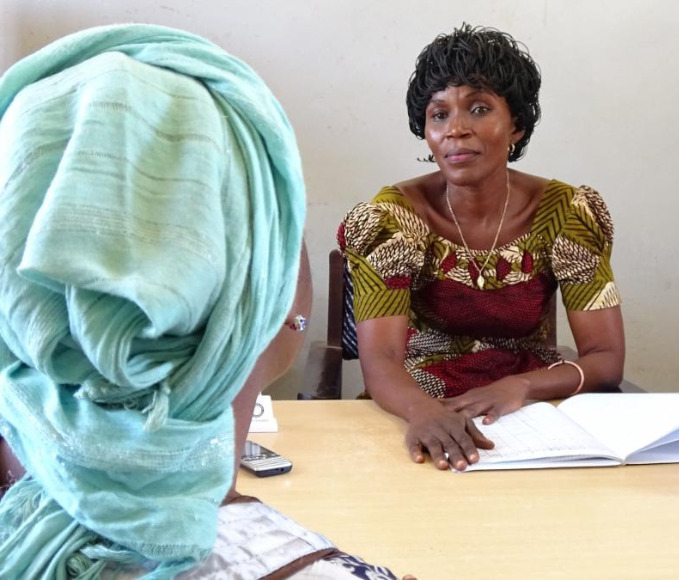
Related content
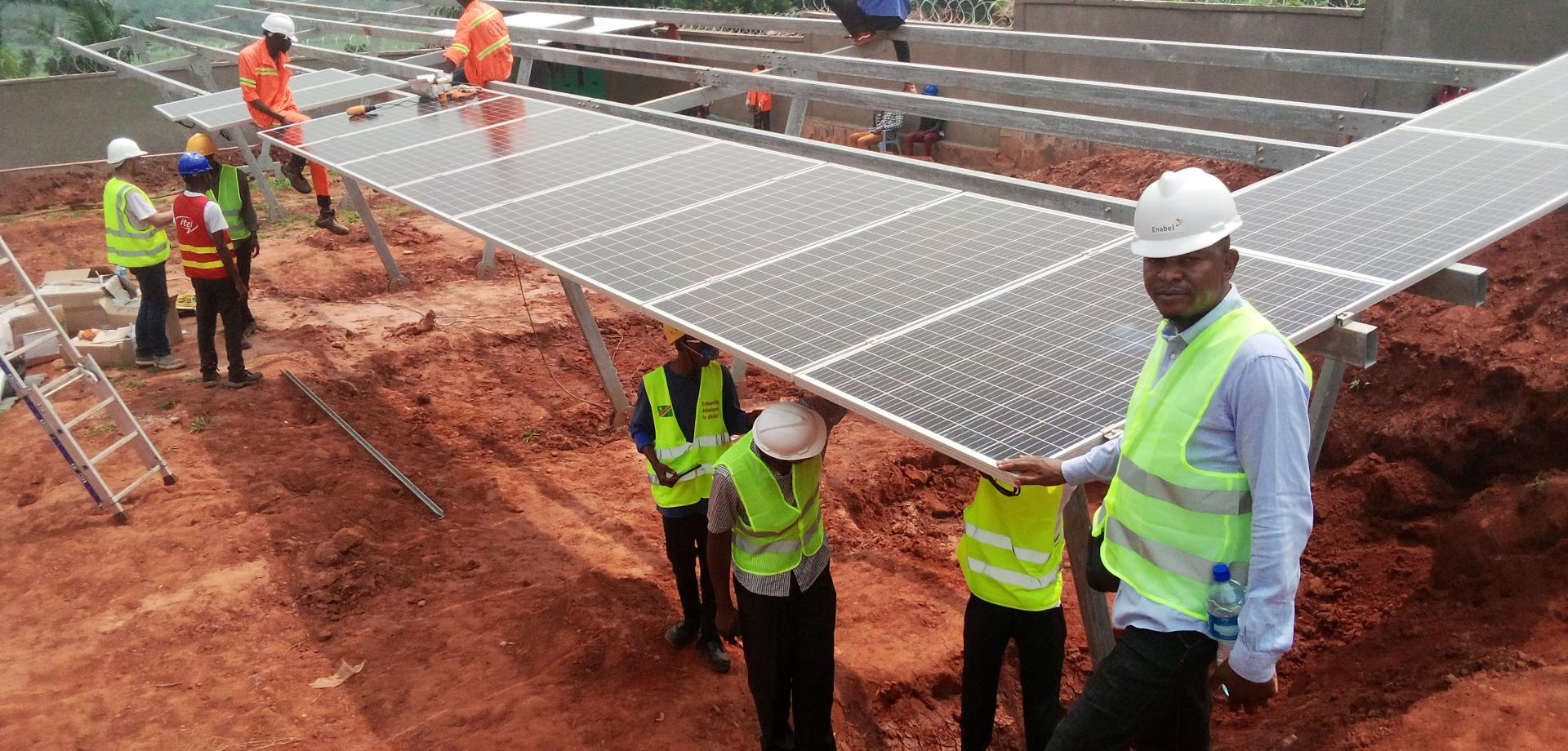
In the Democratic Republic of Congo, most households struggle to access a correct source of drinking water. But how do you solve this when there is no electricity either? Enabel tackles the problem together with local partners.
Solar panels for drinking water

Have a look at our projects in the DR Congo via the open.enabel platform.
Our projects in the DR Congo
Contact the Enabel team in DR Congo
133 Boulevard du 30 Juin
Commune de la Gombe, KINSHASA
T +243 (0)97 25 78 605 • +243 (0)99 59 04 111 | drcongo@enabel.be
Country Director: Krista Verstraelen

